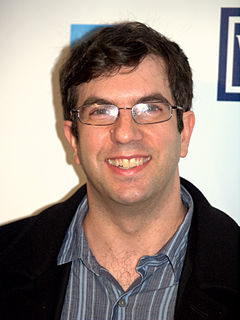A Quote by Tom Frieden
Between 2000 and 2010, malaria mortality rates fell by 26 percent around the world. According to the latest World Health Organization estimates, there were about 219 million cases of malaria in 2010 and an estimated 660,000 deaths.
Related Quotes
In some parts of the world, what you are doing is already apparent.According to the World Health Organization, the warming of the planet caused an additional 140,000 deaths in 2004, as compared with the number of deaths there would have been had average global temperatures remained as they were during the period 1961 to 1990. This means that climate change is already causing, every week, as many deaths as occured in the terrorist attacks on September 11, 2001.
The monetary impacts of malaria from the household to the global level are significant. Malaria tends to strike during harvest season, rendering families too sick and too weak to perform the work necessary to earn a living. Malaria-stricken families spend an average of over a quarter of their income on malaria treatment.
Malaria is a disease that kills one to three million people a year. 300 to 500 million cases are reported. It's estimated that Africa loses about 13 billion dollars a year to the disease. Five dollars can save a life. We can send people to the moon; we can see if there's life on Mars - why can't we get five-dollar nets to 500 million people?
The Center for Disease Control started out as the malaria war control board based in Atlanta. Partly because the head of Coke had some people out to his plantation and they got infected with malaria, and partly cause all the military recruits were coming down and having a higher fatality rate from malaria while training than in the field.
The Center for Disease Control started out as the malaria war control board based in Atlanta. Partly because the head of Coke had some people out to his plantation, and they got infected with malaria, and partly 'cause all the military recruits were coming down and having a higher fatality rate from malaria while training than in the field.
I travel the world visiting global health programs as an ambassador for the global health organization, PSI, and sometimes the disconnect I see is truly striking: people can get cold Coca Cola, but far too infrequently malaria drugs; most own mobile phones, but don't have equal access to pre-natal care.
I'd worked on leprosy and malaria in India [at the World Bank] and asked myself the question: Why do we let 2 million children die every year around the world for not having clean water? Because they're faceless and nameless. So, for me, Facebook looked like it was going to solve the problem of the invisible victim.
































